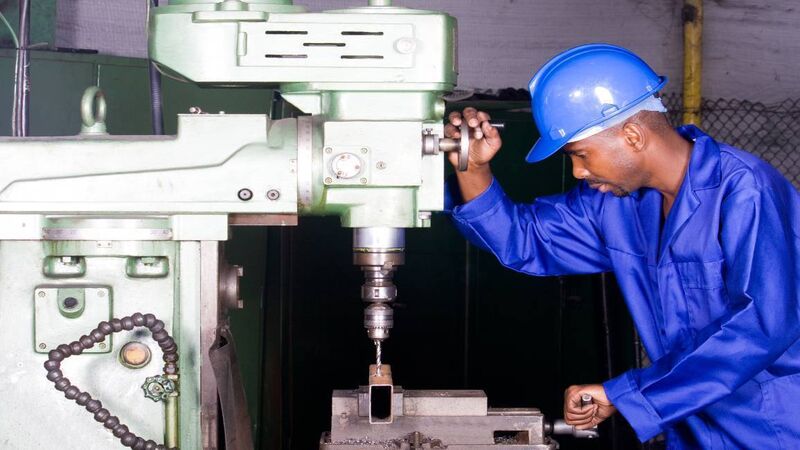UK manufacturers brace for recession as inflation bites

UK manufacturers recorded a sharp drop in activity in 31 months.
British businesses are bracing for a worsening recession after both manufacturing and service sectors slumped in the fourth quarter, prompting the first fall in employment in almost two years.
S&P Global said its measure of sentiment from purchasing managers was little changed at 49 in December, indicating a contraction across the economy. That compared with last month’s reading of 48.2 and expectations for a drop to 48.














